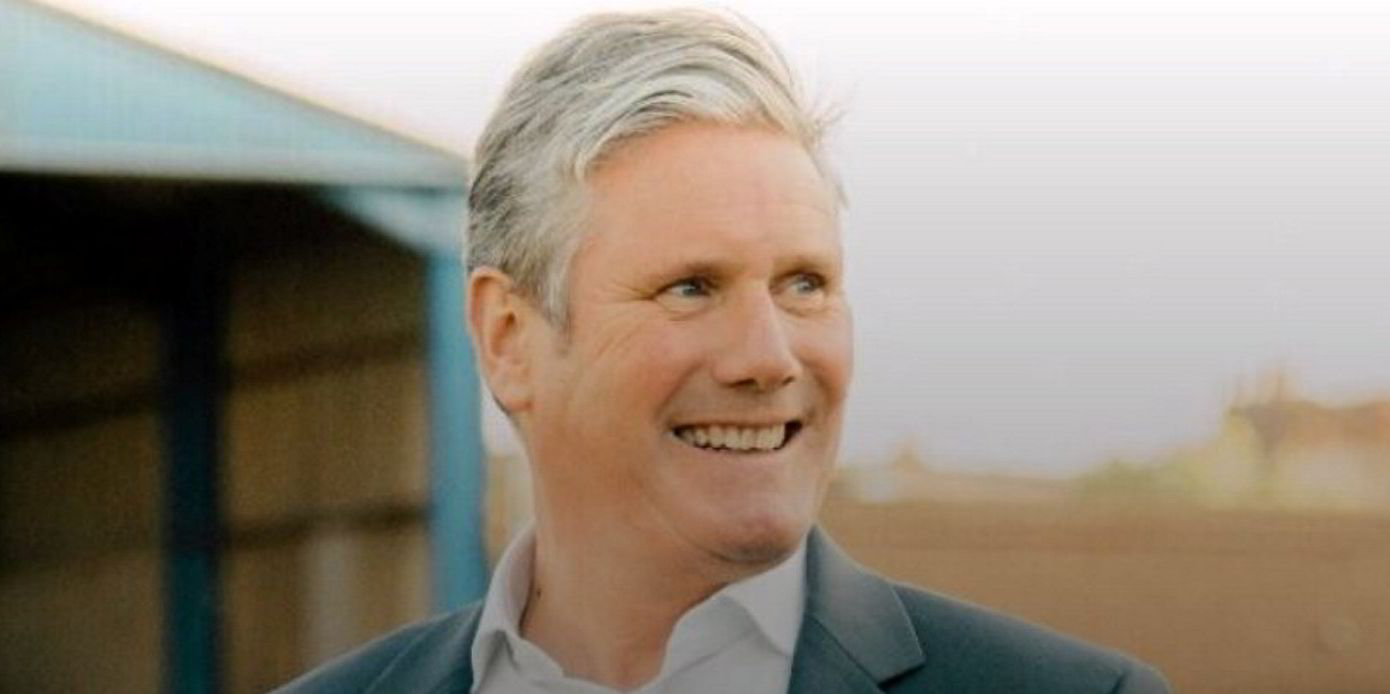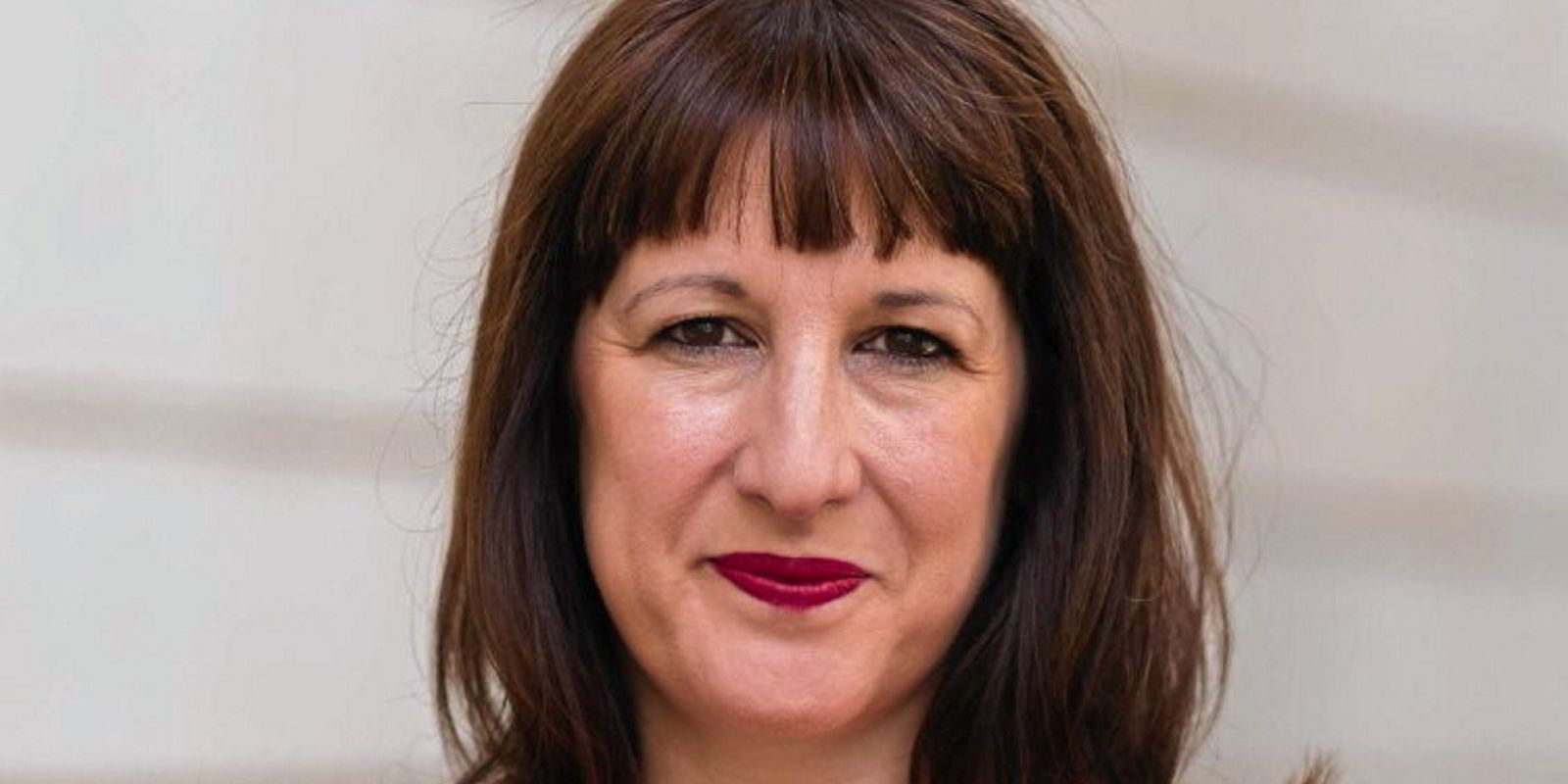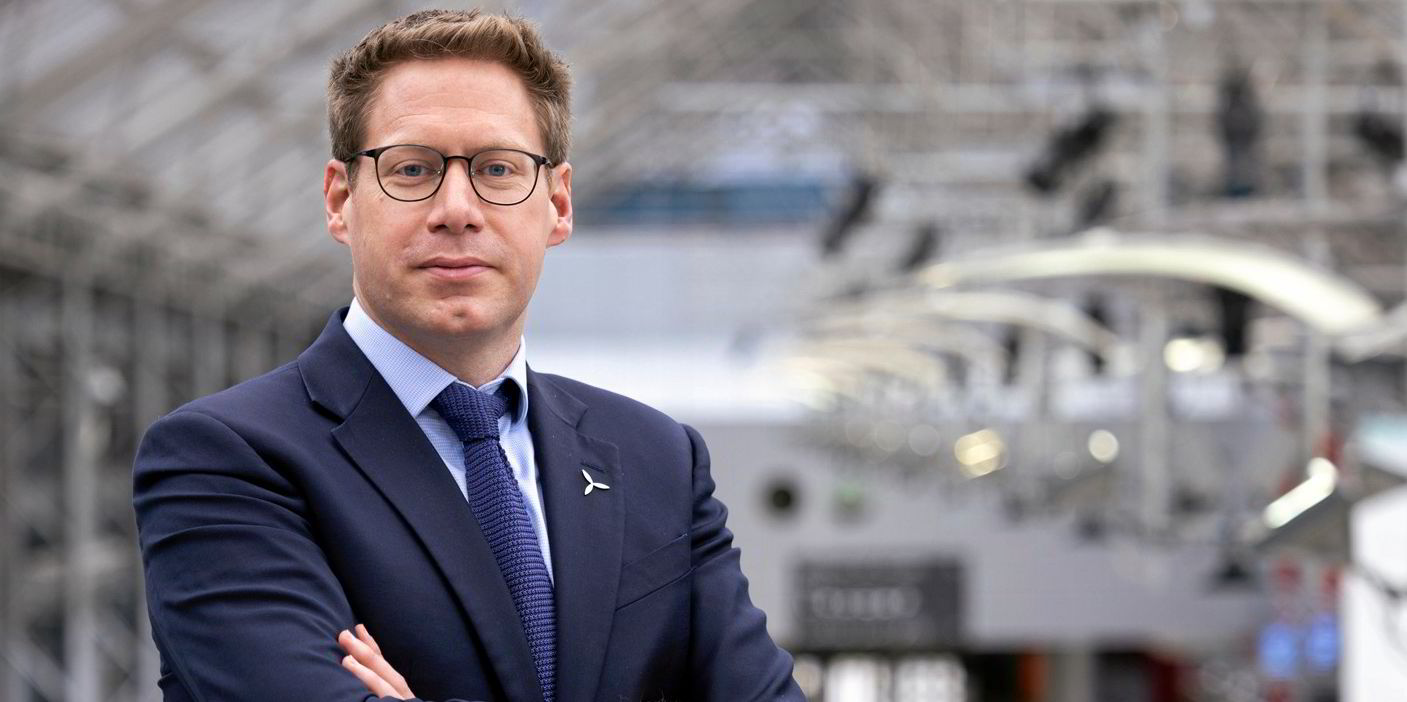The UK's political debate should focus on which policies will unlock private sector investment rather than just levels of public spending, said an executive with SSE, one of the country's top renewable energy producers.
Britain's opposition Labour Party — which holds a commanding lead in opinion polls ahead of an election that is likely to be called before the end of this year — came under fire from climate campaigners this week after dropping a flagship pledge to ramp up annual green spending to £28bn ($35bn) due to concerns about future borrowing costs.
This shift drew criticism from climate campaigners and some quarters of the energy sector, but not all.
"I understand that this is a highly political issue but I do think there is a consensus at the top line on energy security and decarbonisation. From our perspective it is not necessarily the amount of public spending commitments that get things built in this country," said Sam Peacock, SSE's managing director of government affairs, regulation and strategy, speaking to the BBC.
"What get things built is faster planning, faster decision making and investible policies. I think the real difference that a government can make is catalysing the private sector, focusing on that part of it and making the UK the easiest place in the world to invest," he added.
'Common sense'
Labour leader Sir Keir Starmer said the decision to drop the commitment was a "common sense" reaction to changed economic circumstances.
Starmer said Labour will retain two elements of its green plan: a new state-owned energy company with start-up funding of £8.3bn, and a £7.3bn sovereign fund, but will also slash the amount of funding pledged for a national home insulation scheme.
Labour has also retained a pledge on funding renewable energy jobs in Britain's rust belt regions, with £1.5bn committed over three years.
The original plan, which would have cost £140bn over five years, was to have been half-funded by promised windfall taxes on North Sea oil and gas.
The retreat from this drew criticism, with Energy UK, a trade association, expressing concern about the signal that dialling back on such announcements sends to an industry being asked to invest in transition.
Peacock, whose company has committed to invest £40bn in a decade up to 2032, agreed that policy signals can be valuable.
"But for us it really about how you catalyse that private sector investment. We have £40bn to invest over the decade and so do many other companies. The investment appetite is there, it is really about the pace of execution for future governments.
"We'd want to see activity around that really. How do you make the planning system quicker? How do you get the grid there when you need it? How do you get more projects procured through the policy mechanisms? It that that is going be critical to investments in this country,"
Peacock argued that future governments need to make it "much much faster" than the current ten years or so to get power lines and offshore wind farm projects to fruition.
Under-resourced
One of the steps to be addressed, Peacock said, was the fact that many of the authorities involved in the planning and permitting stages for such projects are "quite heavily under-resourced".
SSE is currently building Dogger Bank, rated as the world's largest wind farm, in the North Sea and has begun the process for a potentially bigger one, Berwick Bank .
"There is not enough pace at the moment for procuring these kind of projects through the policy mechanisms. The ambition on this alone would make a big difference to the energy system... This is not about public spending but about... planning and grid," Peacock said.
He added that all major parties already show a big commitment to infrastructure needs such as grid networks, cleaner and more flexible power stations and offshore wind.
"What we want to see in the election manifestos is continued commitment to doing more of those big ticket items at pace...So it really is about getting infrastructure built than precise amount of public sector commitments," he said.



